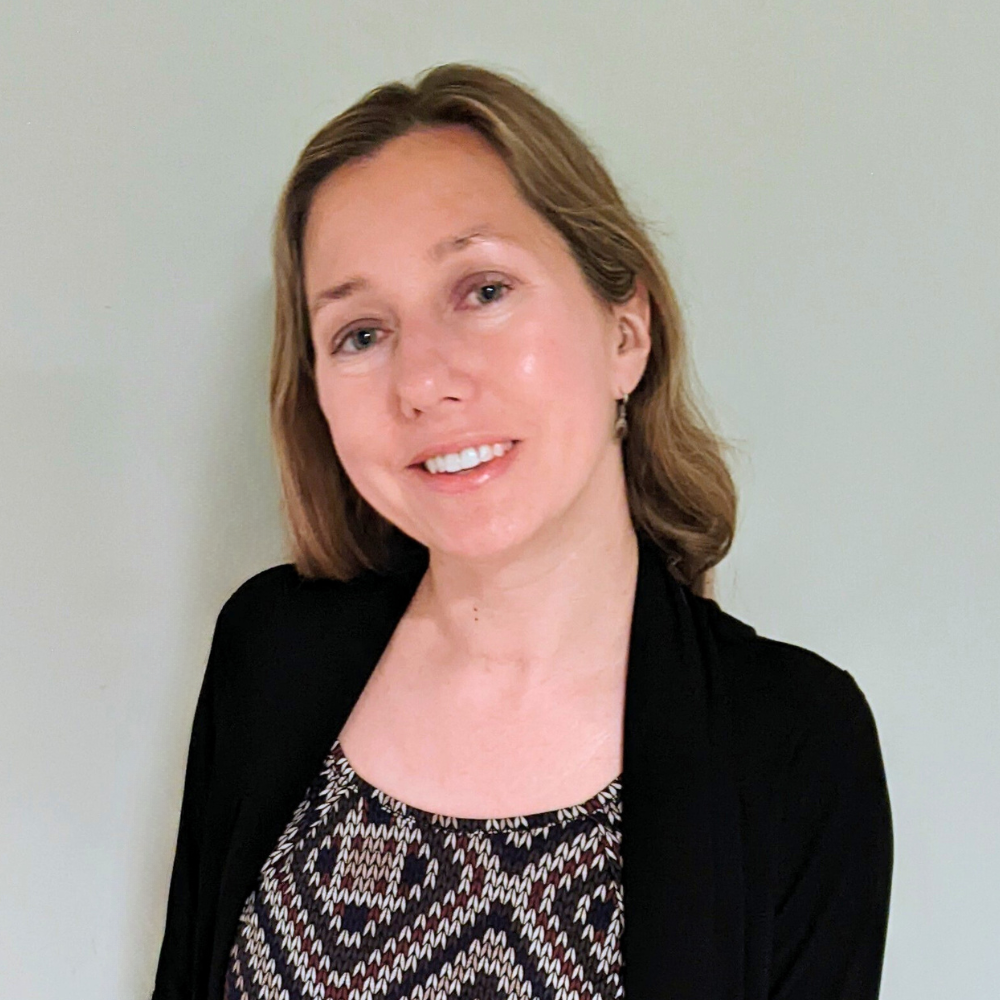
Working with Non-Traditional Sexual Interests in Sexual Offense Treatment
Already purchased an On Demand training?
Click here to access your Safer Society On-Demand Training Center account.
Professionals working with clients who have committed sexual offenses often face significant challenges in understanding and accepting their clients’ sexual preferences. While their primary goal is to prevent future sexual abuse, professionals must acknowledge that each client has their own unique sexuality. Avoiding discussions with a client about their non-traditional sexual interests can lead to missed opportunities for fostering sexual health and exploring avenues for abuse prevention. Attempting to eradicate non-traditional sexuality from the client’s life can be ineffective and unethical. Therefore, how should helping professionals proceed in such situations?
Nikole Nassen, Ph.D., a distinguished clinical psychologist and the director of the Sex Offender Treatment Program at Naval Consolidated Brig Miramar, brings her wealth of experience in working with individuals who have expressed non-traditional sexual interests to the forefront. During this training, Dr. Nassen first presents data on BDSM (Bondage and Discipline, Dominance and Submission, and Sadism and Masochism) and other practices in the kink community, unveiling surprising insights from research studies. Dr. Nassen then examines “kink culture” and illustrates how many of its strongest values are antithetical to abuse. Enhanced comprehension of non-traditional sexual preferences among professionals can significantly enhance the effectiveness of treatment interventions.
Dr. Nassen also discusses solutions to the following questions:
- What do we do when our clients report interest/engagement in BDSM?
- How do we distinguish BDSM from abuse?
- Will engagement in these behaviors ultimately increase the risk of sexual recidivism, or can clients manage them safely?
- Could elements of BDSM be beneficial or protective for certain clients?
- How can clinicians better support clients who endorse non-traditional sexual interests?
Going one step beyond simply introducing knowledge and ideas, this training encourages participants to reflect on their understanding, or lack thereof, of their clients within the context of kink culture. Dr. Nassen ultimately demonstrates how to effectively comprehend and address non-traditional sexual interests that are integral to their client’s life.
1) Describe BDSM and unique issues related to working with BDSM participants.
2) Identify situations where non-traditional sexual interests are relevant to sex offense treatment.
3) Develop treatment plans for clients who present with non-traditional sexual interests while in sex offense treatment.
Audience
This training is for professionals working with clients who have committed sex crimes, aiming to navigate the complexities of their clients’ sexual preferences while working to prevent future sexual abuse. This includes social workers, psychologists, clinical counselors, therapists, and interested paraprofessionals.
Content Level
Disclosure
Continuing Education Approval
American Psychological Association (APA)
Safer Society Foundation, Inc. is approved by the American Psychological Association (APA) to sponsor continuing education for psychologists. Safer Society Foundation, Inc. maintains responsibility for this program and its content.
Who's Presenting

Nikole Nassen, PhD
Nikole Nassen, Ph.D., is a clinical psychologist and the director of the Sex Offender Treatment Program at Naval Consolidated Brig Miramar. She has been involved in program development and implementation for Naval Corrections’ Violent Offender and Sex Offender Treatment Programs and has worked with individuals who have expressed non-traditional sexual interests in the context of these programs. Dr. Nassen is a Clinical Member of the Association for Treatment and Prevention of Sexual Abuse (ATSA) and is a member of ATSA’s Adult Community of Practice. She is also the Training Coordinator for the California Association for Treatment and Prevention of Sexual Abuse (CalATSA). Dr. Nassen received her doctorate degree in Clinical Psychology from Alliant International University in 2008. She has assessed and treated individuals who have committed violent and sexual offenses, as well as individuals with mental health concerns, in community and in correctional settings. She has also completed clinical and forensic evaluations of adults and adolescents for the Delinquency and Dependency Courts in San Diego.
